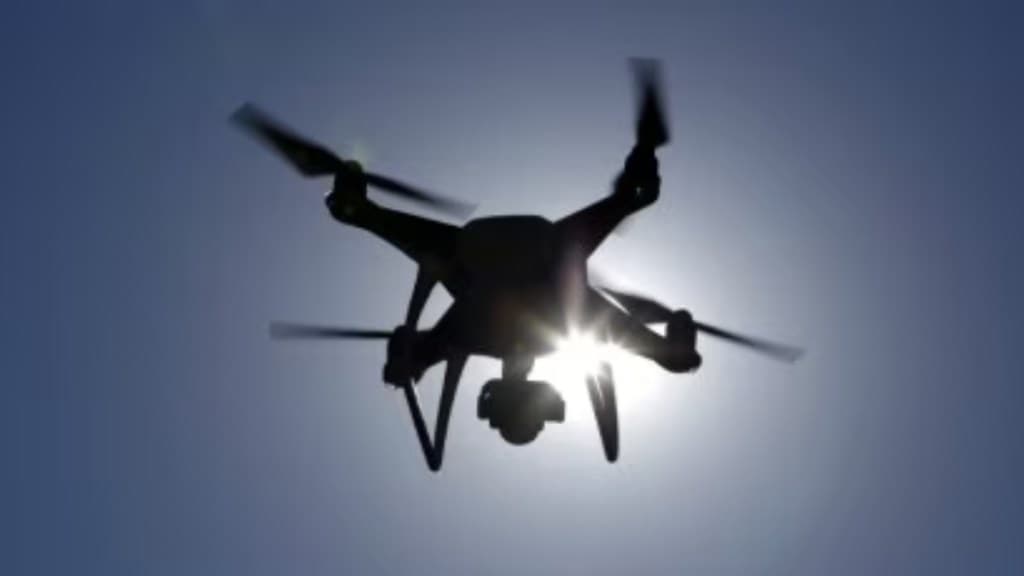In a significant push towards self-reliance in defence manufacturing, the Indian Ministry of Defence (MoD) has issued a Request for Information (RFI) for the production of 23mm Anti-Drone Ammunition under the Make in India initiative. This move is aimed at fortifying the Indian Army’s defence capabilities, particularly in combating the growing threat posed by drones.
The Need for 23mm Anti-Drone Ammunition
As unmanned aerial vehicles (UAVs) continue to pose evolving security threats worldwide, the Indian Army seeks to enhance its ability to counter these aerial intruders. The 23mm Anti-Drone Ammunition is intended for use with the ZU 23mm and Schilka Weapon Systems, both of which are already in service with the Army. These systems, renowned for their rapid-fire capabilities, are ideal platforms for targeting and neutralizing drones.
This RFI marks a crucial step toward indigenizing the production of this specialized ammunition. It seeks to identify domestic vendors, both from Defence Public Sector Undertakings (DPSUs) and private sector firms, capable of manufacturing the ammunition according to the technical specifications required by the Indian Army.
Enhancing India’s Anti-Drone Defence Capabilities
The 23mm Anti-Drone Ammunition is a critical addition to India’s defence infrastructure, particularly in light of the increasing use of drones for surveillance and offensive operations. Drones, which can carry explosives or reconnaissance payloads, present a significant challenge to traditional air defence systems. The ZU 23mm and Schilka Weapon Systems, both proven in anti-aircraft roles, are capable of delivering rapid fire at multiple targets, making them ideal for neutralizing low-flying and high-speed UAVs.
By developing this ammunition domestically, the Indian Army aims to improve its operational readiness while maintaining control over the supply chain. The Make in India initiative, which encourages indigenous production, will reduce the Army’s dependency on foreign imports and ensure that the ammunition is tailored to meet India-specific defence needs.
Process and Timeline
The process outlined in the RFI involves a Technical Evaluation Committee (TEC) that will scrutinize vendor submissions for compliance with the required specifications. Successful vendors will then be required to conduct trials in India, and a Contract Negotiations Committee will determine the lowest cost bidder (L1) for procurement. Vendors will also be bound by long-term warranties and support contracts.
The deadline for submitting responses to the RFI is February 17, 2025.
Strategic Implications
As drone warfare continues to evolve, India’s commitment to indigenization will play a pivotal role in ensuring the country remains at the forefront of technological advancements in defence. The successful production of 23mm Anti-Drone Ammunition is expected to play a vital role in safeguarding the nation’s airspace and advancing the Indian Army’s combat capabilities.

